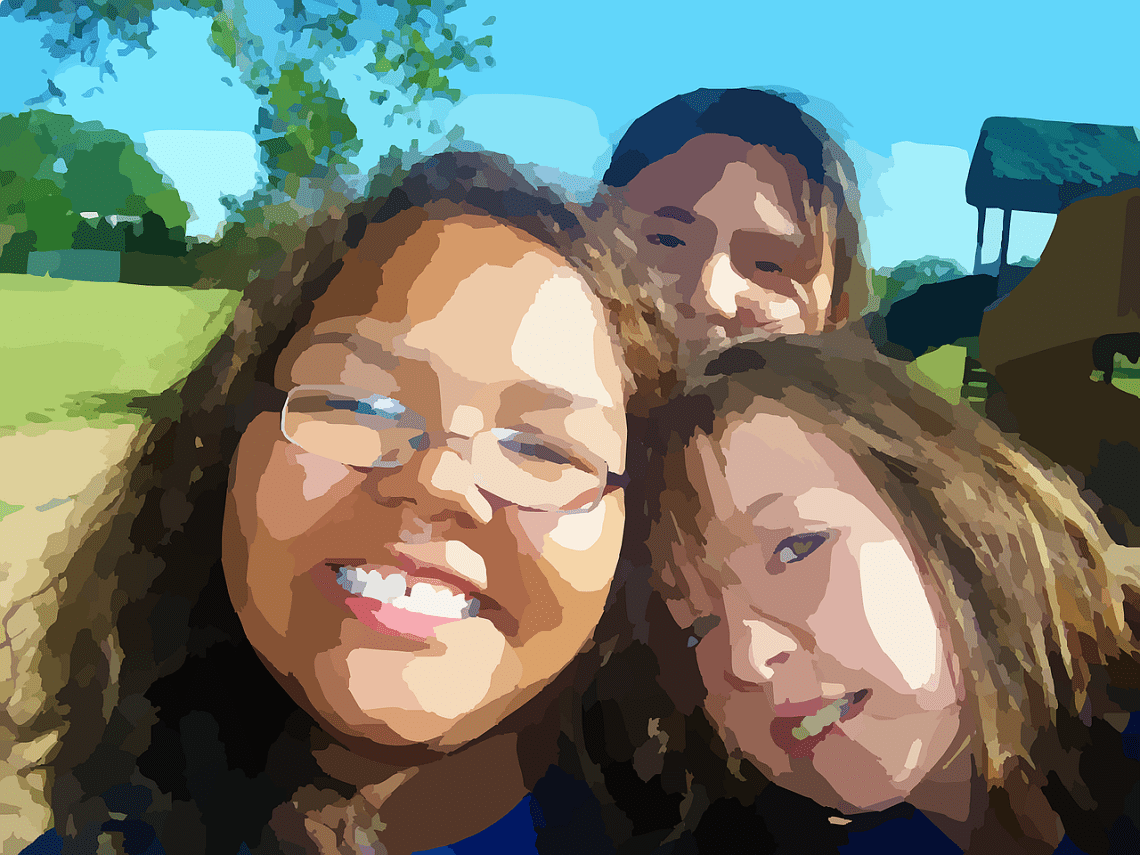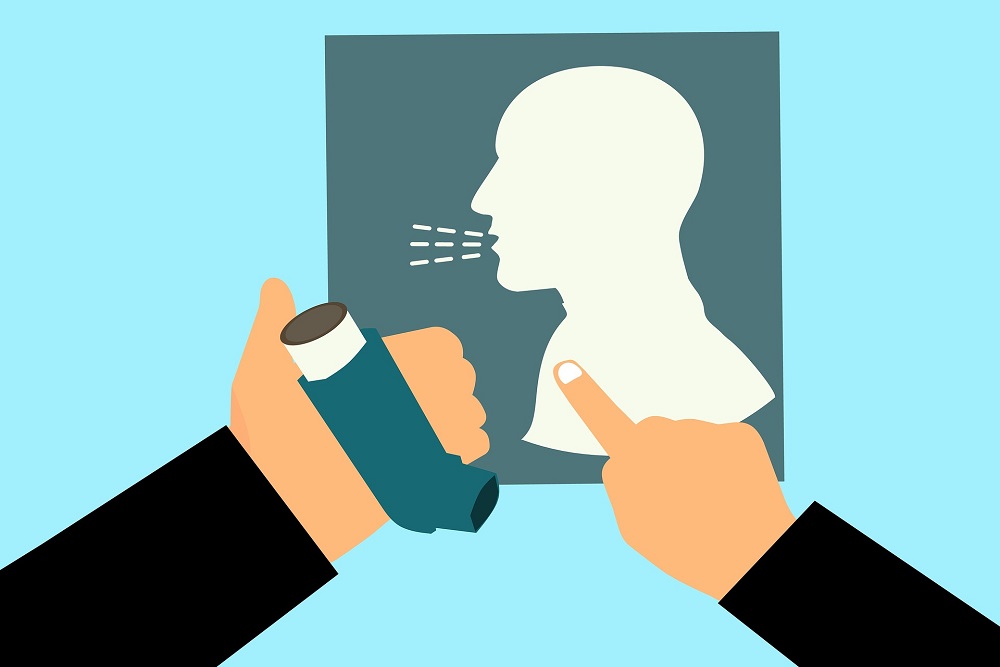In a world which is too much focused on flattening the Covid 19 curve, there’s little reason for laughter. With children out of school, the hallways are empty without their silly banters and carefree laughter.
Yet, we all need laughter if only to dispel the cloud of uncertainty or uneasiness during lockdown or imposed quarantine. You can find a way of sharing something funny also shared by a caring friend, (like what I’m doing right now.) You can start by reading the items below which require a bit of thought before you can start laughing.
What is this word “Paraprosdokians”? The first time I heard about Paraprosdokians, I liked them. Paraprosdokians are figures of speech in which the latter part of a sentence or phrase is surprising or unexpected & is frequently humorous. (Winston Churchill loved them.)
1. Where there’s a will, I want to be in it.
2. The last thing I want to do is hurt you…. but it’s still on my list.
3. Since light travels faster than sound, some people appear bright until you hear them speak.
4. If I agreed with you, we’d both be wrong.
5. We never really grow up…. we only learn how to act in public.
6. War does not determine who is right, only who is left.
7. Knowledge is knowing a tomato is a fruit. Wisdom is not putting it in a fruit salad.
8. To steal ideas from one person is plagiarism. To steal from many is research.
9. I didn’t say it was your fault, I said I was blaming you.
10. You do not need a parachute to skydive. You only need a parachute to skydive twice.
11. I used to be indecisive, but now I’m not so sure.
12. To be sure of hitting the target, shoot first & call whatever you hit the target.
13. Going to church doesn’t make you a Christian, any more than standing in a garage makes you a car.
14. You’re never too old to learn something stupid.
15. I’m supposed to respect my elders, but it’s getting harder & harder for me to find one now.
Spread the Laughter,
Share the Cheer – Mitch Rankin
What makes laughter a form of medicine?
Laughter can be spontaneous when your timing is right but it’s not a cure-all. A joke shared with a crowd might not have the same effect as with an intimate set of friends or a friend who needs a perk-up. Be sensitive and sensible in sharing a joke. A good sense of humor can’t cure all ailments, but data is mounting about the positive things laughter can do.
Short-term benefits
A good laugh has great short-term effects. When you start to laugh, it doesn’t just lighten your load mentally, it actually induces physical changes in your body. According to a credible resource, laughter can:
- Stimulate many organs. Laughter enhances your intake of oxygen-rich air, stimulates your heart, lungs and muscles, and increases the endorphins that are released by your brain.
- Activate and relieve your stress response. A rollicking laugh fires up and then cools down your stress response, and it can increase and then decrease your heart rate and blood pressure. The result? A good, relaxed feeling.
- Soothe tension. Laughter can also stimulate circulation and aid muscle relaxation, both of which can help reduce some of the physical symptoms of stress.
Long-term effects
- Improve your immune system. Negative thoughts manifest into chemical reactions that can affect your body by bringing more stress into your system and decreasing your immunity. One study found that laughing for 10 to 15 minutes a day can burn approximately 40 calories—which could be enough to lose three or four pounds over the course of a year.
- Relieve pain. Laughter may ease pain by causing the body to produce its own natural painkillers. Anger and conflict are observed to diffuse faster with a shared laugh. Looking at the funny side can put problems into perspective and enable you to move on from confrontations without holding onto bitterness or resentment.
- Clarify mental perspective. Laughter can also make it easier to cope with difficult situations. It also helps you connect with other people. Many people experience depression, sometimes due to chronic illnesses. Laughter can help lessen your depression and anxiety and may make you feel happier.
- Laughter may even help you to live longer. A study in Norway found that people with a strong sense of humor outlived those who don’t laugh as much. The difference was particularly notable for those battling cancer.
How can you contribute laughter?
If you have an underdeveloped — or nonexistent — sense of humor, you can learn some easy techniques and refine them to eventually become an effective humor-monger. Humor requires that element of surprise, as any comedian will tell you. Don’t start laughing before you give the punchline or the opportunity to make someone laugh is lost. Yet, when your intention is good, why not have a crack at learning the art of laughter?
- Acquire a humor mindset. Photos, greeting cards or comic strips that invite that bubbling sensation in your tummy are a good start. Watch funny movies, read books and magazines, keep tab of websites or app that regularly provides humor or keep them readily accessible for that humor boost.
- Find humor in a difficult situation. Walk on the sunny side of the street so you can avoid that gloomy cloud or dark perception. Laughing at your own situations will eventually make stress fade away. Practice laughing or be with a person who has funny bones. Consider trying laughter yoga where people practice laughter as a group. You may need to force laughter at first, but constant practice can turn into spontaneous laughter.
- Birds of a feather laugh together. Spend time with friends who make you laugh and pay forward to other friends who may not have that habit. This is quite tricky as not everyone can appreciate a funny person. It’s essential that you are prepared and ready for circumstances that allow sharing funny stories or jokes.
The crucial thing to know in testing a joke, take care you don’t laugh at the expense of others. Some forms of humor aren’t appropriate. Use your best judgment to discern a good joke from a bad or hurtful one. There’s also the thing about cultural or social taboos that you must know so you don’t step on someone’s toes. Stop when no one gets it.
Laughter has the power to heal and renew, and if you harness the ability to easily laugh – and make others laugh as well – you gain a precious resource for surmounting problems, enhancing your relationships, and supporting both physical and emotional health. Best of all, laughter as a medicine is fun, free, and easy to use.
Image by Clker-Free-Vector-Images from Pixabay







